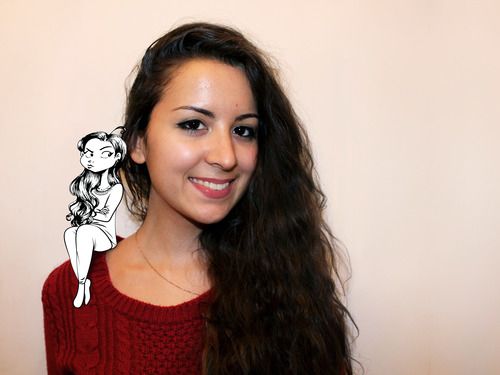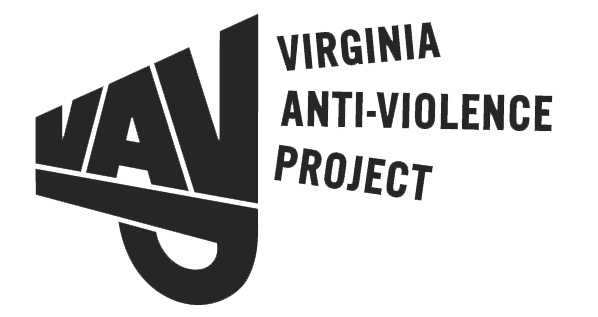
This article was written during Mental Health Awareness month.
In regards to resources, they had this to say, “A tool that I would like to share to help folks prioritize their mental health would be starting to shift their self-talk. I often encourage the clients that I work with to talk to themselves the same way that they would want to speak to a child, compassionately, curiously, generously. It is rarely helpful to shame yourself out of an emotion or need.”
During this month, we would like to greatly emphasize the importance of self-care, and knowing how to talk to oneself is the first step. Continuing from that point, they added, “Even if you can’t meet the need, or the emotion doesn’t feel good, being patient with yourself, being honest with yourself about what’s going on for you, practicing self-compassion and validation can create a softer place for you to land and be.”
Cassandra Callin has worked with VAVP for about 2.5 years now, and is incredible at what they do. They lived in Richmond for ten years, and love what they do. Their work focuses on supporting queer and trans people on their journey of healing from violence.
However, this profession can bring some very unique clients, and not every solution works for everyone. When asked how they approached these types of clients, they responded, “A couple of the methods I use to speak to the unique challenges our clients face include rewriting narratives and building self-trust. I work with clients to identify how they have internalized the toxic messages from oppressive systems and how they can begin to unlearn and rewrite those stories to account for their humanity and inherent worth.”
It is important to stay up to date with issues and research in order to respond faithfully to clients. Calin maintains a deep connection with the LGBTQIA+ community, attends professional development and training opportunities throughout the year. They used their experiences to create the My Therapist Told Me series in order to provide therapeutic support to a broader community.
“The process was particularly fun for me to get to work with another Black queer therapist and to collaboratively strategize around the offerings that we had to give and the ways the conversations we were able to have might build up our people,” they said.
Finally, we asked about their biggest takeaways from the project.
Calin answered, “The violence that we experience as LGBTQIA individuals comes from a variety of sources and impacts us in a variety of ways. It can be one specific event, one’s childhood more broadly, or a series of daily microaggressions that create harm. When we can broaden our understanding of how many different ways we experience violence, the range of how those can manifest, then we can offer ourselves a lot more validation and be kinder to ourselves and each other throughout our unique journeys of healing.”
We at the Virginia Anti-Violence Project strive to adopt this philosophy in everything we do, and appreciate Cassandra Calin for their work. Thank you for reading and supporting our organization.
